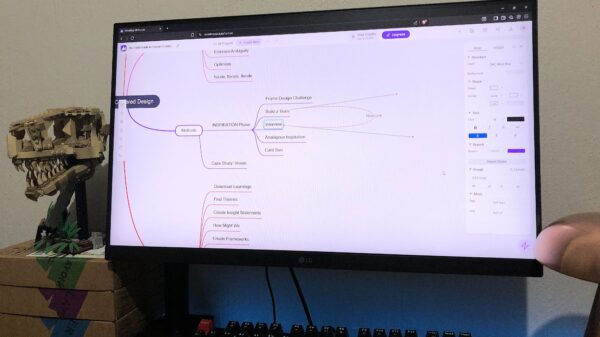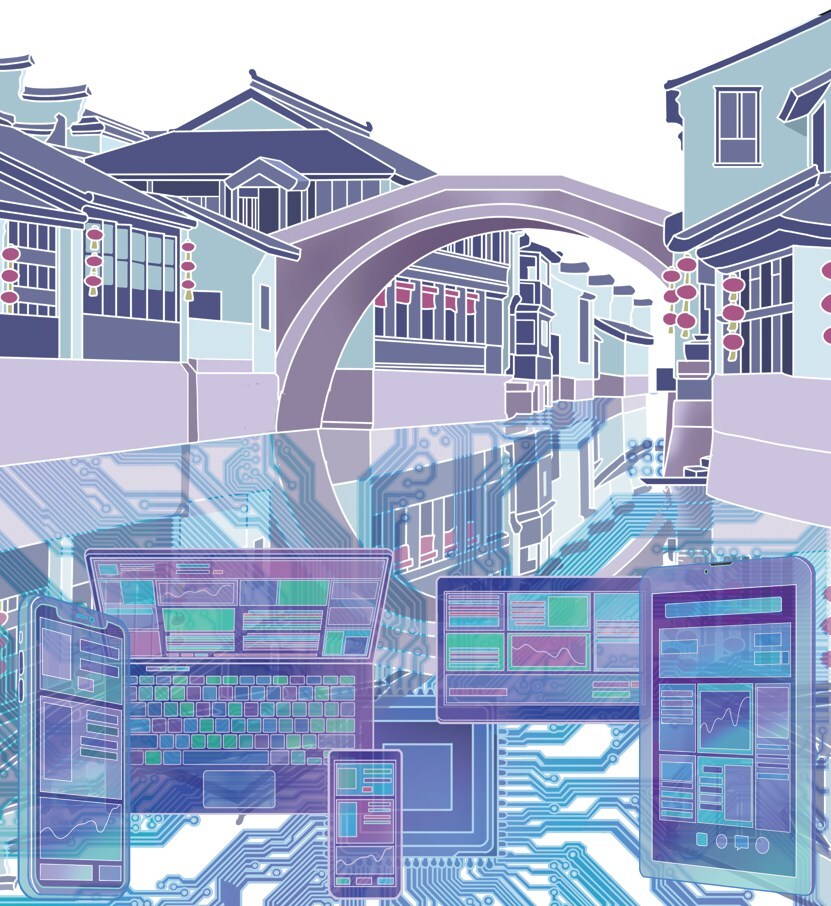The 2025 World Internet Conference opened in Wuzhen, Zhejiang Province, on November 9, 2025, with calls for enhanced collaboration to build a secure and dynamic digital economy. Officials, experts, and business leaders emphasized the need for technological innovation and international dialogue to foster a digital landscape that benefits people globally.
Focus on Inclusive Development and Digital Literacy
During the opening ceremony, Li Shulei, a member of the Political Bureau of the Communist Party of China Central Committee and head of the Publicity Department, underscored the importance of inclusive development. He advocated for accelerating the construction of digital infrastructure and promoting the widespread adoption of digital technologies. Li stressed the need for increased national digital literacy, aiming to bridge the digital divide.
“We must leverage the internet as a borderless platform that connects people and ideas,” Li stated, highlighting the role of communication channels in enhancing cultural exchanges across various sectors.
Wang Hao, Party Secretary of Zhejiang, reported that the province’s digital economy constituted over 50 percent of its GDP in 2024. He noted that the integration of the digital economy with traditional sectors is a key focus for local development.
Global Innovation and Technological Advancements
Daren Tang, Director General of the World Intellectual Property Organization, remarked that China has made significant strides, entering the top 10 on the Global Innovation Index for the first time. He attributed this achievement to a robust digital economy that contributes approximately 10 percent of China’s GDP.
“Today’s conference will facilitate global dialogue and collaboration, essential for an internet that connects people and fosters innovation,” Tang added.
As the technological landscape evolves rapidly, artificial intelligence is at the forefront of transforming the digital economy. Wu Yongming, CEO of Alibaba Group, announced the company’s commitment to invest in AI infrastructure and open-source large language models. He emphasized the need to address the requirements of vulnerable groups and to leverage digital technologies to close the digital gap.
Liu Qiangdong, founder and chairman of JD.com, predicted that the integration of AI and robotics could reduce China’s social logistics costs from over 14 percent of GDP to below 10 percent within five years. Liu highlighted that technological advancements would liberate workers from repetitive tasks, creating new job opportunities and demand in various sectors.
The summit represents a significant platform for discussion on the future of digital technologies and their impact on global economies. As leaders from various sectors gather, the emphasis remains on building a cooperative and inclusive digital future that benefits all nations.





































































